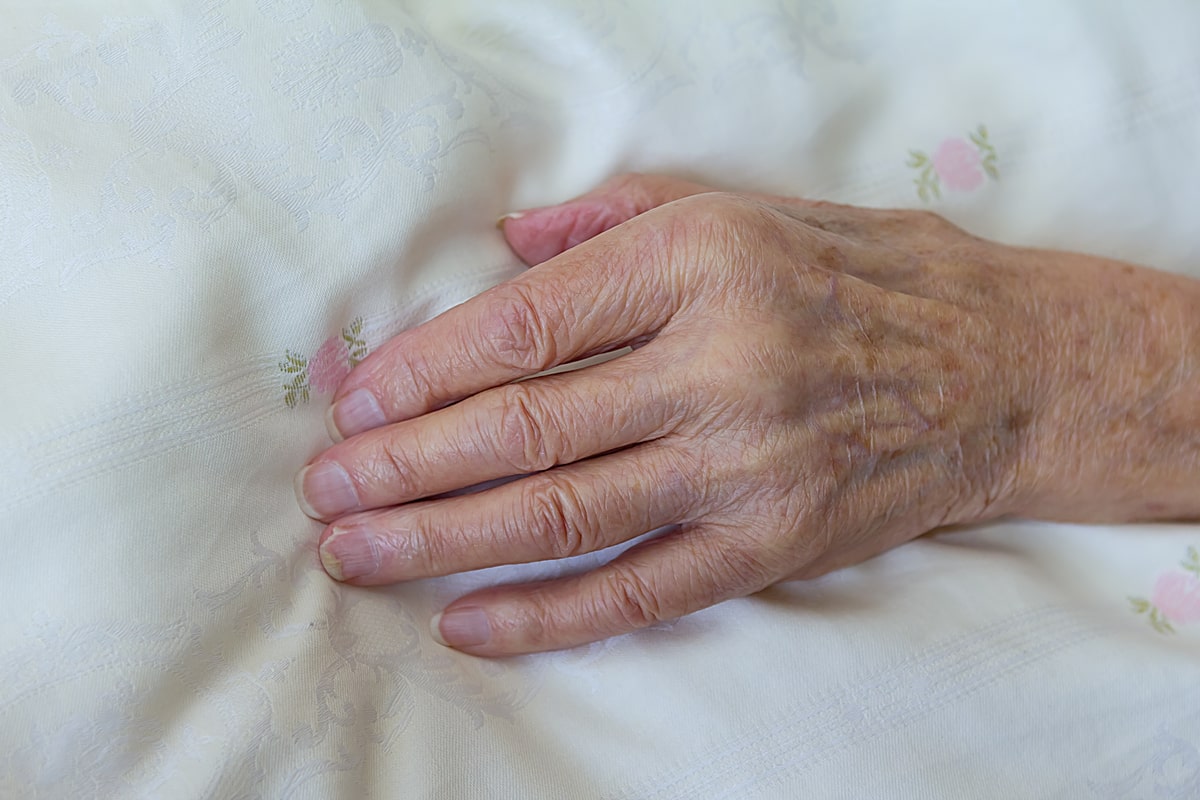Goodbye, Mom
Moms: We all have one. At some point, they leave us. In my case, the end was bittersweet, knowing that she lived too long and would never have wanted her days to end in a nursing home. Can’t we do better than this?

My mom, like many of yours, was full of life and uninhibited in telling everyone around her how to live theirs. She oozed style and sometimes grace. She was active, athletic in her younger years, and loved to dance and entertain. The loss of my dad—her husband of 48 years—slowed her down a bit, but it was a degenerative brain disease that truly dented her life.
This problem reaches beyond my own mother. Nearly 6 million Americans suffer from various forms of dementia. Onset often begins in the early 60s and the national cost in 2018 was about $277 billion—this does not include the 18.4 billion hours of unpaid care valued at $232 billion. Adding to this tragedy is the fact that there are no truly effective treatments. Why? Because we don’t really understand these diseases. What happens in the demented brain? Why are there moments of incredible clarity, recollections from years ago, yet often near a complete wipeout of short-term memory? The biology of memory, and of its destruction, remains a black box.
The incarceration of these patients in nursing homes only adds to the tragedy. Many long-term care homes are filled with wonderful nurses and aides. They are angels, caring for and feeding declining human beings during their vegetative states. It is remarkable to watch these nurses in action, and my mom certainly benefited from some of the best. But other settings are far drearier, with underfunded institutional care left to the judgment of minimally trained staff. Visit these places and cringe. Their residents have no advocates, no legislators sending more money to upgrade the facilities, no prospects of improvement.
Many of the aged, like my own mom, swore they never wanted to end up in a nursing home, never wanted to be a vegetable, and made those around them promise not to let it happen.
Fortunately, hospice is available to provide guidance and medication when the aged are suffering from pain. Trained hospice professionals know how to comfort the dying—but dying itself is the last step in years of declining health.
We must face the fact that our last decade of life is all too often miserable. This happens because we do not have the medical science to treat and prevent brain disease. The available medicines make us neither well nor happy. Nor do we have the tools to end our own lives by choice—and our family and caregivers are prohibited from helping. As a society, we abhor the “Kevorkian” concept of ending our lives when it is time. We somehow believe that all people can, even against their will, maintain some quality of life and that only some invisible “higher power” has the right to decide when we call it a day.
It is well past time we revisit these beliefs and apply our strongest resources, science, and activism to end the suffering of many old people. My mom would have killed me if she knew what we committed her to. Yours might feel the same way.
